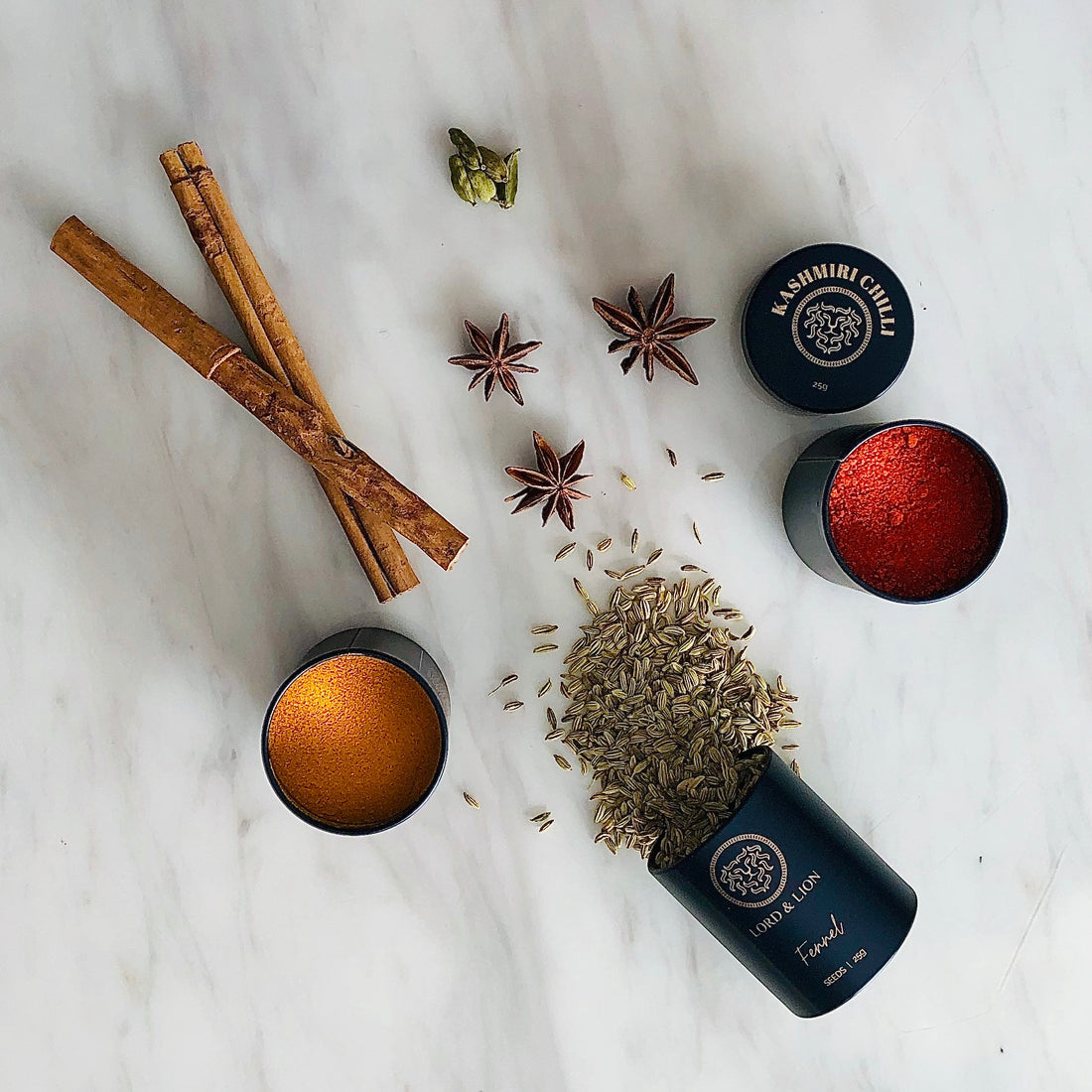
Ayurveda – The World’s Oldest Holistic Medicine System
Ayurveda – The World’s Oldest Holistic Medicine System
The Benefits of Ayurvedic Medicine in the Modern World
Ayurveda, derived from Sanskrit words, ‘ayur’ (life) and ‘veda (science or knowledge), is one of the world’s oldest accepted traditional medicine systems. As an alternative medicine system, it was looked upon with scepticism by the West, but with more studies proving the benefits being released, minds are starting to change.
Focusing more so on healthy living than on fighting diseases, this traditional medicine system involves many techniques including:
- Herbal medicine
- Massage and acupuncture
- Dietary changes
- Breathing exercises and yoga
- Meditation
- Plus, many more…
Practitioners of this system believe that it is effective at lengthening life, improving all-round vitality, and providing a better quality of living by balancing a clear mind and clean body.
Let’s discover the parts that make up this life-changing traditional medicine system, and have a look at the benefits we can derive from it in this modern day and age!
Origins of Ayurveda
From what we know, the use of spices in cooking and medicine started in the Indus River Valley Civilisation (ancient India) which was one of the earliest urban cultures and the oldest uban civilisation to occupy India. The civilisation was responsible for the world’s first known urban sanitation system, advanced cooking techniques, and other inventions such as standardised weights, rulers, well-structured living areas, and metallurgy. Rising alongside the Egyptian and Mesopatanian civilisations, they reigned over the area from modern day northeast Afghanistan to northeast India between 3300-1300 BCE.
Turmeric and ginger residue has been found in ancient pottery dating back over 4500 years ago from ancient cities located within the area. Throughout the ages, these spices that were native to the land were used for medicine and in cooking. Starting in 1500 BCE, the Vedic (meaning sacred spiritual knowledge) culture and period arose in India, forming the basis of modern day Hinduism and also introducing the oldest holistic medicinal system in the world, Ayurveda.
The earliest known texts of this practice were called ‘The Vedas’, detailing the transfer of knowledge from gods to sages to doctors. These texts, containing a vast array of knowledge regarding preventative care, treatments, and even surgical procedures, featured the use of over 700 Ayurvedic spices and herbs. With the adoption of Ayurvedic practices also came the focus on healthy living through a mixture of food, exercise, meditation, and philosophy to create balance of the mind and spirit. Today, around 80% of the population of India and Nepal reports to implement Ayurveda into their daily lives, despite the reduction in practice during the English occupation in the 20th Century.
Ayurvedic Diet
The philosophy behind Ayurvedic culture is important, with the understanding of these systems (both in the body and the mind) being necessary to promote balance and good health. The diet itself though, is one of the most important aspects of Ayurveda.
The preventative and curative medicine systems involved in Ayurveda lie mostly within the health benefits contained inside the active components of spices and herbs. From anti-inflammatory benefits that help prevent/treat Arthritis, to improved cardiovascular function to help prevent heart attacks, there are many ways to stay healthy just by adjusting diet. This is why Indian food contains so many different spices.
Just a few of the spices that are most notable for their Ayurvedic benefits include:
- Turmeric - Turmeric contains an active component called curcumin, which has amazing antioxidant and anti-inflammatory properties. Daily consumption can lead to increased heart health, reduced joint pain, and reduction in the onset of Alzheimer’s, arthritis, and metabolic syndromes.
- Amchur - This ingredient is very useful to combat some of the maladies that pregnancy brings to women and is made from green, unripe mangoes in a powdered form. Mangoes are high in vitamins, high in iron, aid in cardiovascular health, and contain phenols, a powerful antioxidant component. This results in a mixture of health benefits that aid against indigestion, acidity, constipation, anaemia, developing cataracts, low energy, and have been found to increase heart health.
- Cardamom - Similarly to turmeric and amchur, cardamom contains strong antioxidant components that improve heart health and help lower blood pressure, provide anti-inflammatory effects, and reduce liver inflammation from a high carbs and fat diet! Additionally, cardamom pods were used (and still used in some cultures today!) as a way to prevent cavities and improve mouth health.
- Fenugreek Seeds - One of the major benefits of fenugreek is the ability to help control blood sugar levels and aid the treatment of Type 1 and 2 diabetes. The supplement helps to reduce blood sugar levels and bad cholesterol, possibly due to the high-fibre content of Fenugreek, or in its ability to improve insulin function. Additionally, research suggests that Fenugreek can help with appetite control, increase testosterone and libido in men, and increase breastmilk production in women.
Visit our other blog to discover some uses for these spices and enter the world of Ayurvedic medicine. Otherwise, for more blogs on spices, travel, and food, check out the Lord and Lion blog page for more!
